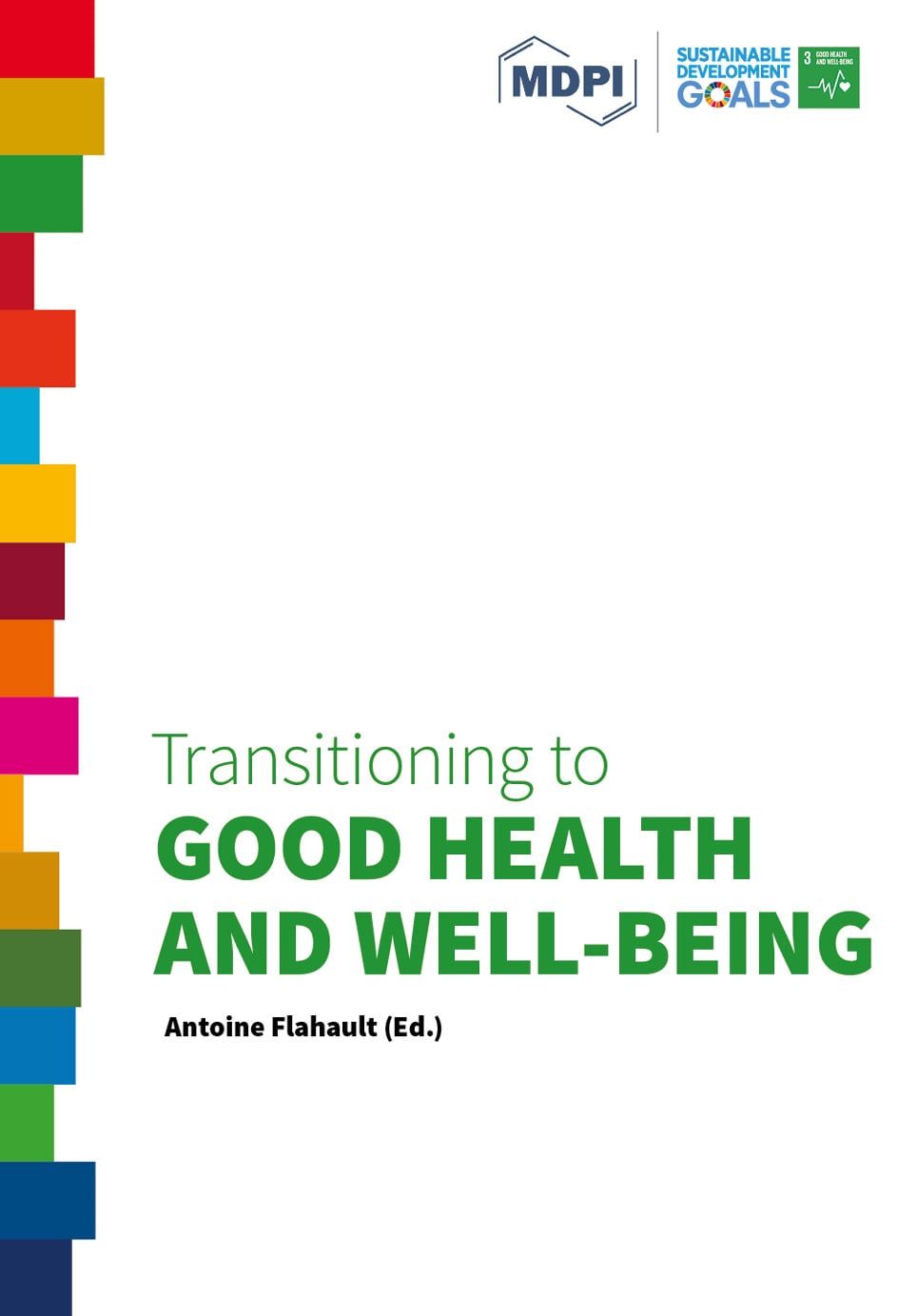Transforming Regional Agrifood Productions to Challenge NCDs—From the DiMeSa Study to the PASSI Project and Beyond
Today, the crisis of the agrifood sector across several geographical European regions, including our own, combined with social, economic and health inequalities at regional, national and community levels, is characterized by extremely critical aspects, mainly residing in the limited innovation potential of companies and small/medium enterprises (SMEs), the lack of integration with public–private research institutions, the insufficient systematization and organization of the existing resources in an extended territorial networking. This results in increasing difficulties of SMEs to exist in both domestic and foreign markets with characteristics of quality and competitiveness. On the other hand, several epidemiological studies clearly indicate that Western countries, including Italy, are witnessing a dramatic phenomenon consisting of an increasingly large prevalence of chronic noncommunicable diseases (NCDs), including cardio-, cerebrovascular and respiratory diseases, diabetes, obesity and cancer, whose causes are primarily related to (removable) lifestyle risk factors, notably diet. Based on this two-sided consideration, promoting both the sustainable consumption and production of traditional food products in regional, domestic and international markets—through a series of activities aimed at increasing their health and/or nutraceutical potential, to clinically validate their effects on both health and chronic disease(s), and to enable the rapid technological transfer and development of either processes or products—would represent a systemic strategy of high impact in the short, medium and long term for important expected outcomes from an economic, technological and healthcare standpoint. Lessons learned from the Dieta Mediterranea e Salute (DiMeSa) study and its recent advancement, the PASSI project, with both published and unpublished results, are presented and discussed here.
